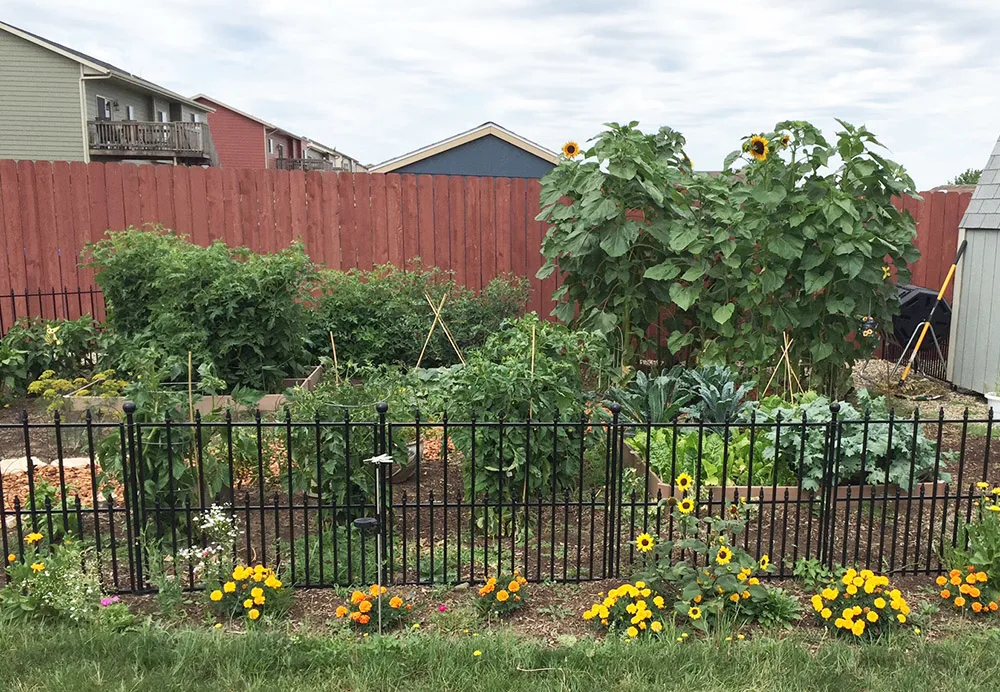Part of sustainable living is doing what you can to reduce your impact on the environment, while also producing what you need in order to live. One way to do this could be as simple as growing a garden in place of a lawn, but then again, how to do it properly can be anything but simple. There are methods and habits you need to get into in order to get the most benefit with the minimal impact on the environment, but it is certainly doable for most.
Of course one of the first things to keep in mind is that you should be growing food that is already suited to the soil and climate you happen to live in, otherwise you will have to alter things in a way that can, at least in the short term, have a higher impact than if you had just kept it simple. But there are other tips to follow as well.
Once you get going and get used to following the proper guidelines, not only will you be able to have minimal impact, but you’ll have a pretty good variety of food available in your new lawn garden.

A recent study has found that every pound of food you grow could prevent up to two pounds worth of carbon emissions, which is a great way to embrace sustainable living while also doing your part to help combat climate change. You just need to be mindful of how you go about it.
Things like composting, for example, need to be done properly. You have to stay on top of it and properly aerate or you will simply end up letting methane escape into the atmosphere, which will defeat the purpose from the start.
Still, proper aeration is a key to good composting anyway, so even if you are among those who don’t care much about climate change, if you want to at least be efficient and practice real sustainable living, this is a procedure you should already be vigilant about.
If you don’t compost, you may want to consider it, or even start looking for a place that will take your food waste and compost it for you, often they can use the methane for fuel, so you may find a “dump” that will do this and return the compost to those who wish to use it for gardening/farming needs.

You could also consider starting a community composting project that you can use to help provide that same fuel for your own off grid community. That would take more work and investment to get started, but it could be well worth it if you happen to live in an off-grid community already.
Not only could you potentially find ways to supplement the power you are likely already generating via solar, wind, or other means, but having a great supply of compost for the entire community to take advantage of would likely improve the overall quality of your farm/garden grown food supply.
It is also something that you need to commit to. Starting a garden and then neglecting it, has a negative impact on carbon emissions, and of course, leaves you stuck buying more of your own food instead of having it available from your garden. Be it peppers, lettuce, or even a simple herb garden, having freshly grown food easily available just by going out to your garden or the community garden/farm is not just something you can be proud of, but it means you are more self-reliant.
Oh, and another possible benefit? Some local and state governments have tax incentives if you replace a lawn with certain types of trees, vines, and so on, so you may even be able to save on your property tax or offset it a bit by looking into what is available in your area. Saving the environment, saving money, and supplying your own food seems like a great combination.
